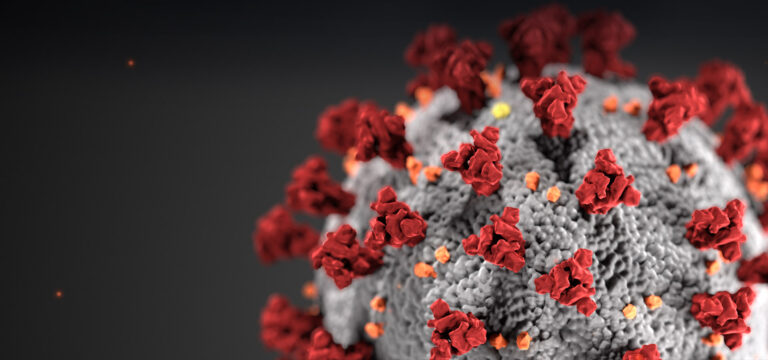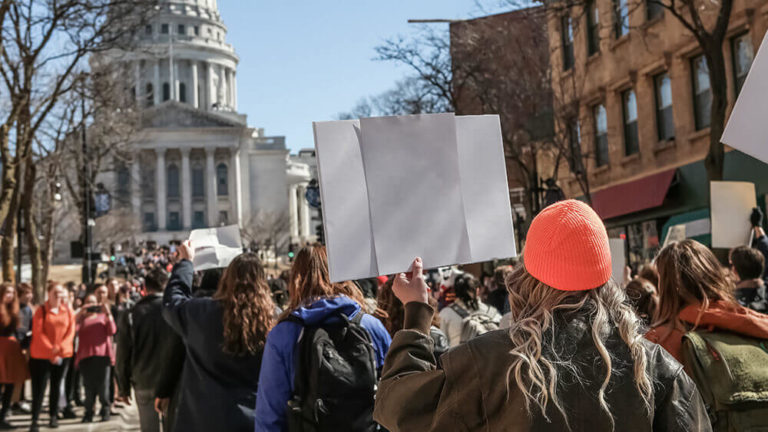Undergraduate Minor in Bioethics and Medical Humanities (BMH)
The intercollege Bioethics Program provides undergraduate students with an interdisciplinary and flexible opportunity to explore the field through the Minor in Bioethics and Medical Humanities (BMH).
Grappling with 'Big Questions'

How should pandemic planning and response redress structural injustice and promote social change?

Should we use medical science to produce “designer children” or to enhance our mental and physical performance?

Where does therapy end and enhancement begin?

Do we have the right to choose the time and means of death—and should health professionals be permitted to actively assist us?

Do we have a right to health care, and what does that mean for health care rationing?

What demands does social justice make on public health, and how does discrimination undermine both individual and public health?

What do we owe populations in low- and middle-income countries, particularly when we rely on them as research participants for new drug development?

Does corporate funding of health research imperil research integrity and public trust?

What are the implications of recent developments in medicine and AI for “cognitive liberty” and “genetic privacy”?
Skills Building and Professional Preparation
These are just some of the essential questions that bioethics—a relatively new and fast-growing discipline—seeks to answer. Students enrolled in the BMH Minor have the opportunity to probe these—and many other—pressing issues, drawing on recent scholarship from a wide range of disciplines, including: philosophy, medicine, law, psychology, sociology, anthropology, public policy, art and literature, international affairs, engineering, and environmental studies.
In the process of grappling with these key issues and others, students build transferrable skills that get them career ready. Such skills include: critical and analytical thinking, scholarly and applied research, effective writing and communication, policy analysis, interdisciplinary engagement, stakeholder identification, and ethical decision-making. In a skills-based employment market, these are critical abilities entering the work world and developing a successful career–whether entering the job market upon graduation or after pursing graduate or professional education.
While the BMH Minor is beneficial to students in almost any major, it offers particular value to students planning to attend medical, physician assistant, dental, veterinary, or law school, as well as to students pursuing careers in health care, life sciences, engineering, public policy, humanities, informatics, or forensics. The knowledge and skills developed through the BMH Minor provide students with the tools they need to help tackle the major challenges facing society in the areas of medicine, public health, nutrition, and the environment—among many others. Moreover, BMH Minor graduates leave Penn State better prepared to engage as global citizens in a world that urgently needs talented stewards.
BMH Minor Requirements
Students must take 18 approved course credits. The curriculum begins with a mandatory introductory course covering basic bioethics concepts (BIOET 100/PHIL 132). Subsequent classes are selected from this list of relevant offerings. Students may petition for class substitutions. Permission for substitutions depend on the student’s other course work, as well as the nature of the requested course. The BMH Minor culminates with a required capstone (BMH 490), which involves original student research.
If you have additional questions about the BMH Minor, please contact:

- Associate Director, Bioethics
- Associate Teaching Professor of Bioethics and Humanities
- Affiliate Faculty, Penn State Law and Rock Ethics Institute
- Joint Appointment, Department of Humanities, Penn State College of Medicine
Office & Hours
C. Pierce Salguero
Associate Professor, Asian History and Religious Studies
He/Him/His
Penn State Abington
Belén Rodríguez-Mourelo
Division Head, HASS
Professor of Spanish
She/Her/Hers
Penn State Berks
Denise K. Salters
Assistant Teaching Professor of Biobehavioral Health
BBH Program Coordinator
She/Her/Dra.
Penn State Mont Alto
For more information, please view the Bioethics and Medical Humanities Undergraduate Minor page
Students may also add the BMH Minor on LionPath. Refer to the LionPath tutorial on “Using Update Academics” for instructions.
